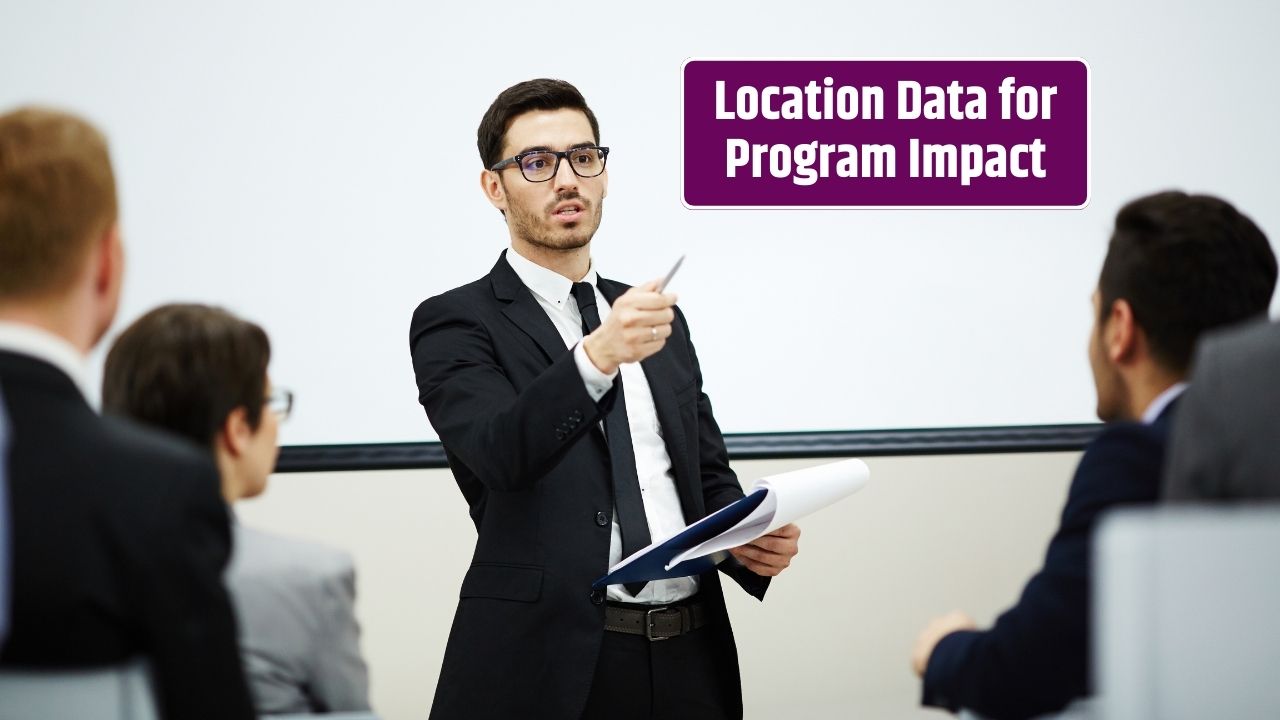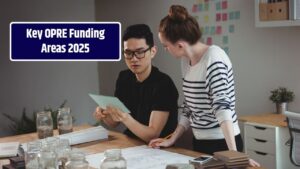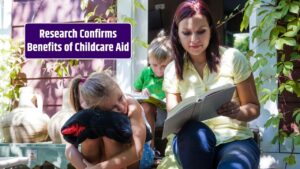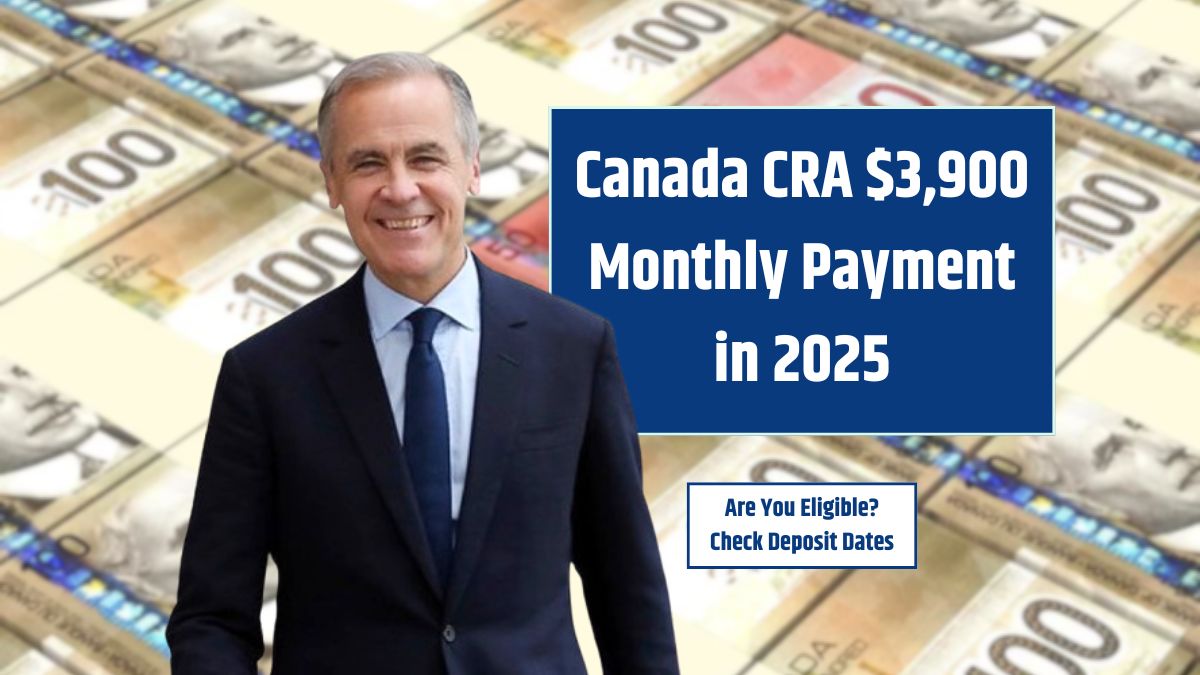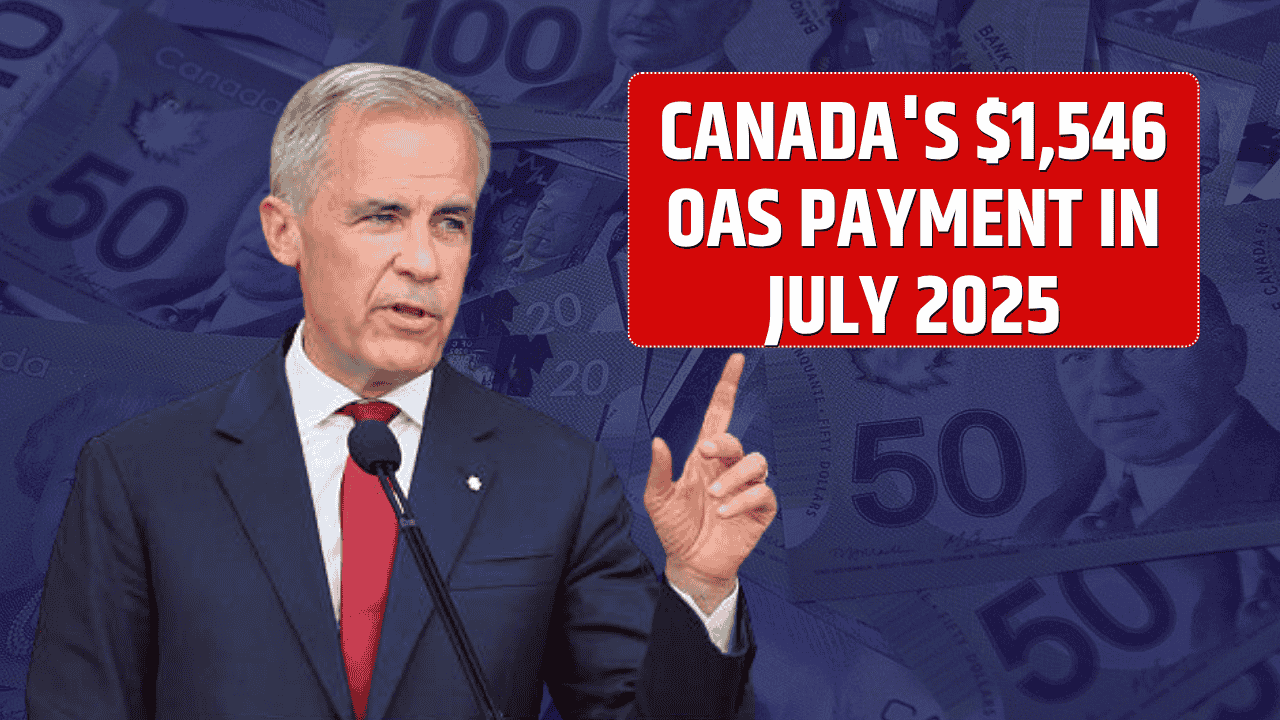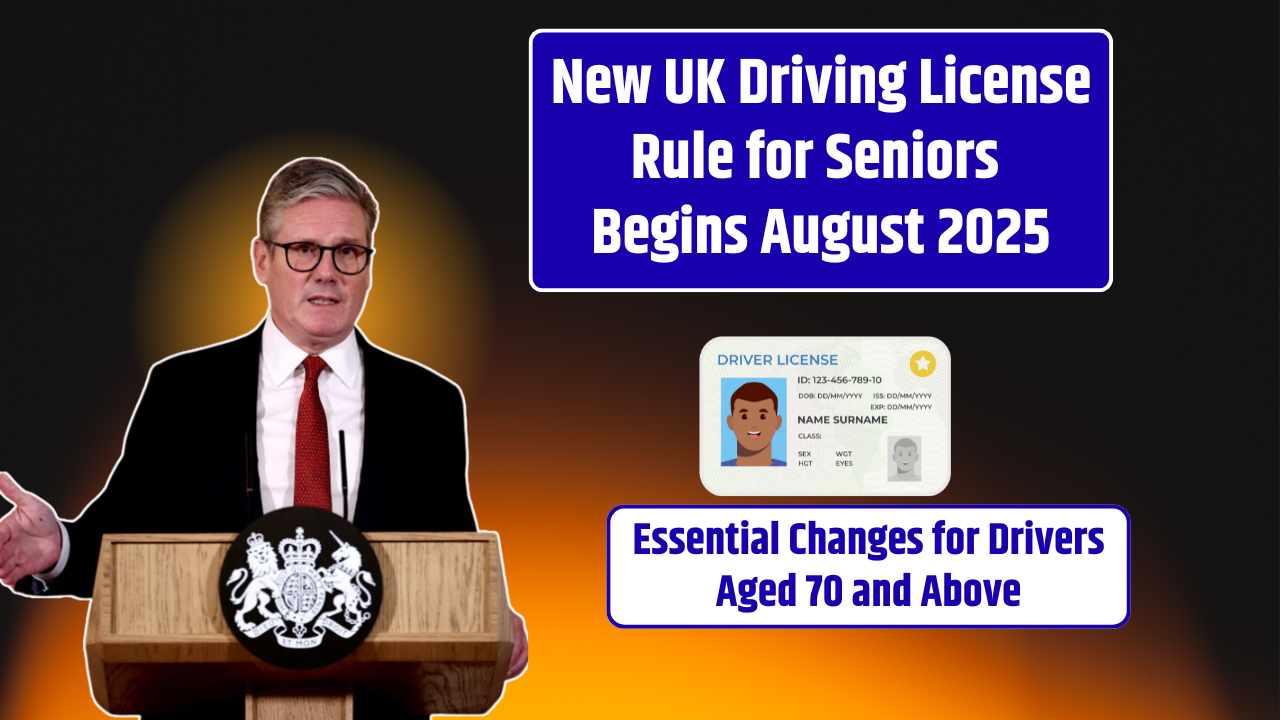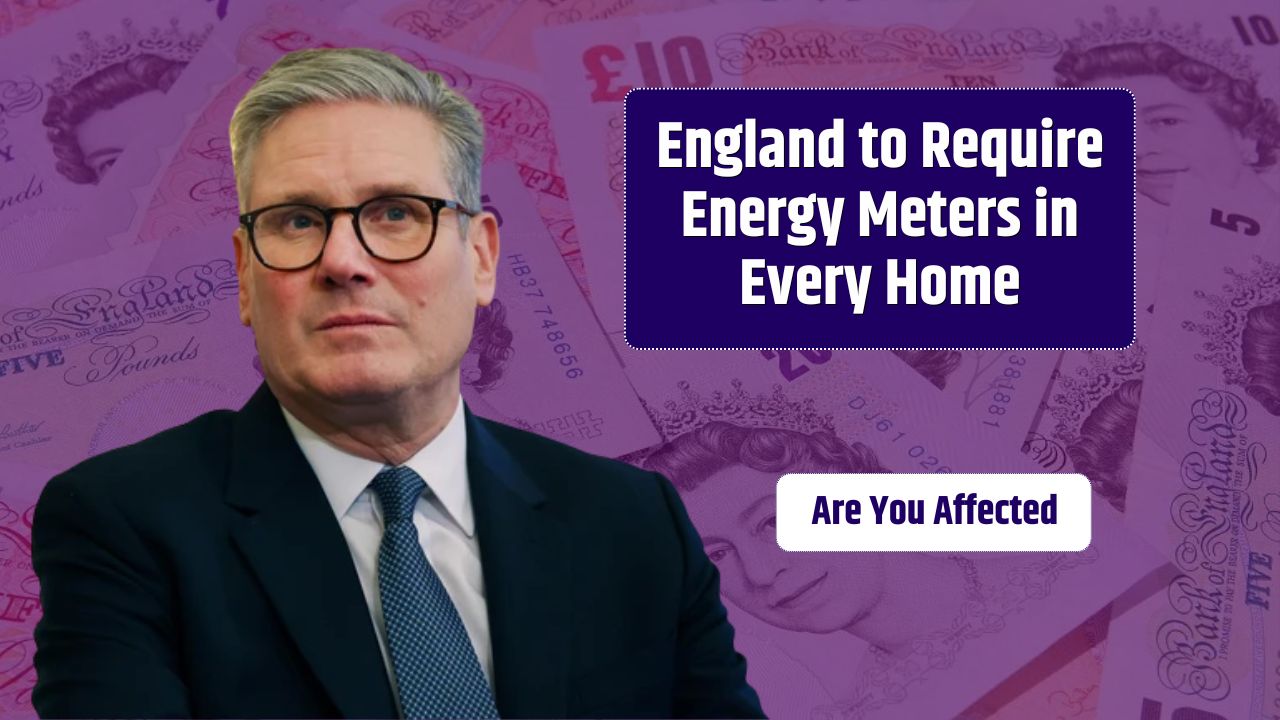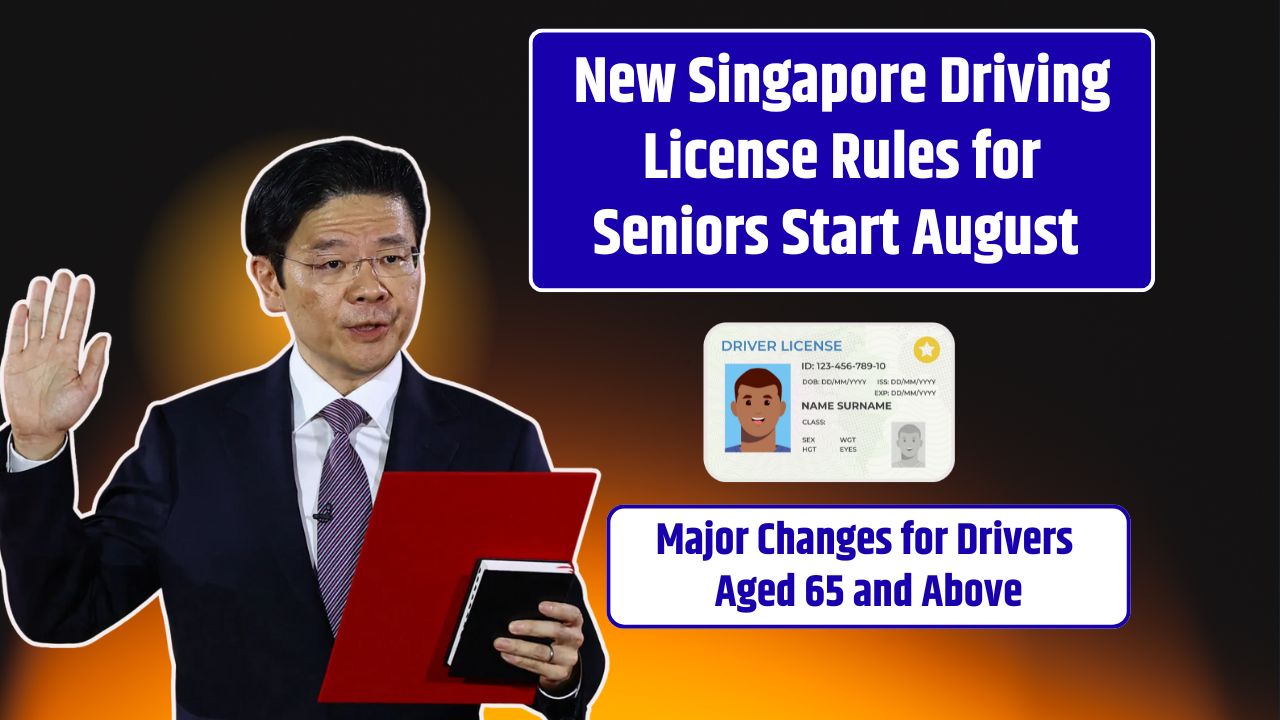Attending a federal research conference is a powerful opportunity for students, professionals, and researchers alike to expand their knowledge, sharpen their skills, and network with experts across government, academia, and industry. These conferences are typically hosted by federal agencies or government-affiliated institutions and are designed to showcase current research, discuss pressing policy issues, and highlight best practices in evaluation, data analysis, and public service innovation.
If you’re interested in government research, policy, data science, or evaluation, here’s what you can expect—and gain—from attending a federal research conference.
Table of Contents
Exposure to Real-World Government Research
One of the biggest takeaways from these conferences is firsthand exposure to the scope and depth of research conducted within the federal government.
What You’ll Learn:
- Ongoing Federal Initiatives: See how agencies like the CDC, NIH, GAO, and DOE apply research to solve real-world problems.
- Policy-Relevant Data Use: Understand how data is used to inform legislation, allocate resources, or improve public services.
- Applied Evaluation Methods: Learn how mixed-methods research, randomized control trials, and cost-benefit analyses are used in policymaking.
You’ll walk away with a deeper appreciation of how public research is connected to impact—not just academic theory.
Networking with Policy and Research Professionals
Federal research conferences attract a mix of professionals: agency staff, analysts, university researchers, nonprofit leaders, and consultants.
Key Benefits:
- Career Opportunities: Learn about upcoming job openings, internships, and fellowships directly from agency representatives.
- Mentorship Potential: Connect with professionals who can offer insights into career paths and grad school advice.
- Collaboration Leads: For academics and nonprofits, these conferences open the door for partnerships with government offices.
Skill-Building Workshops and Technical Panels
Many conferences include breakout sessions or hands-on workshops that enhance practical skills.
| Workshop Topic | What You’ll Gain |
|---|---|
| Program Evaluation | Learn how to design, implement, and report evaluations |
| Data Visualization | Master tools like Tableau or R for policy storytelling |
| Equity in Research | Understand frameworks for integrating DEIA (Diversity, Equity, Inclusion, and Accessibility) in your work |
| Evidence-Based Policymaking | Get trained in strategies to use rigorous evidence to inform decision-making |
Whether you’re a student or a seasoned analyst, these sessions help you stay current in a rapidly evolving field.
Understanding Policy Priorities and Funding Trends
Federal research conferences often reveal what topics are rising in importance—and where funding is heading.
Key Themes You Might Hear:
- Climate adaptation and environmental justice
- Public health preparedness and pandemic response
- Workforce development and education policy
- Artificial intelligence and data governance in government
- Behavioral science in public program design
Recognizing these trends can help you align your research, grant proposals, or career trajectory with high-priority areas.
Access to Tools, Reports, and Resources
Most conferences include exhibitor booths or digital libraries with free access to:
- Agency reports, white papers, and dashboards
- Open-source research tools and data repositories
- Grant and funding opportunity announcements
- Job boards and application toolkits
These materials can be invaluable if you’re applying for federal jobs or looking to write policy-focused research papers.
Tips to Maximize Your Conference Experience
| Tip | Why It Matters |
|---|---|
| Come with questions | Engage speakers and panelists to learn more about topics you’re passionate about. |
| Take notes on tools/methods | Bring back specific frameworks or software to apply in your work or studies. |
| Follow up with contacts | Send a thank-you email or connect on LinkedIn to stay in touch. |
| Attend both plenaries and small groups | Plenary sessions offer big-picture insights; breakouts dive deep into technical work. |
Federal research conferences are more than professional gatherings—they’re learning laboratories for anyone serious about public service, data, and evidence-based policy. By engaging with leaders, learning technical skills, and exploring new research, attendees position themselves at the intersection of innovation and impact.
FAQs
Who can attend federal research conferences?
Most are open to the public, though some require registration or an affiliation with government, academia, or research organizations.
Are student discounts or scholarships available?
Yes. Many conferences offer reduced fees or travel scholarships for students and early-career professionals.
What should I bring to a research conference?
A notebook or laptop, business cards, a résumé if you’re job hunting, and a short elevator pitch about your interests.
Are these conferences useful for non-research professionals?
Absolutely. Policy professionals, program managers, and evaluators can gain valuable insights even if they aren’t researchers.

